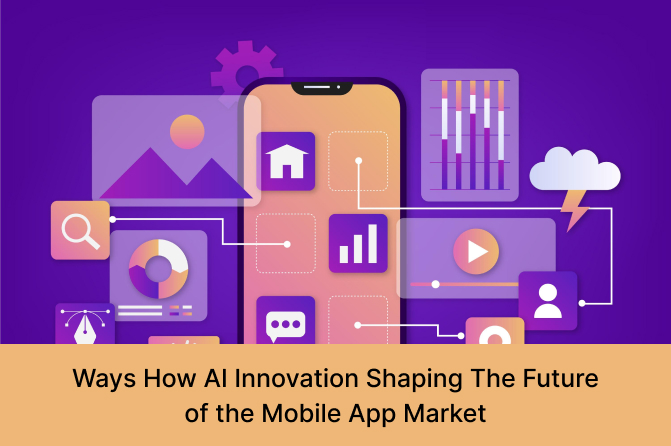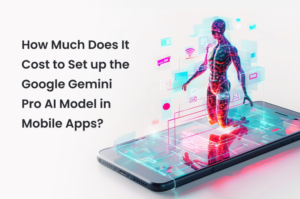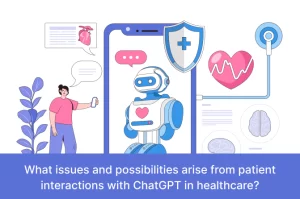Nowadays mobile applications are an essential tool for organizations to boost sales, improve user experiences, increase customer engagement, establish a strong brand presence, uncover unparalleled growth potential, and gain a competitive advantage. At the heart of an ever-changing technological world, where innovation and digital transformation power supreme with a combination of emerging technologies ready to challenge the status norm and customize the mobile application development industry.
Businesses today utilize AI-powered chatbots to boost consumer engagement and experience. Mobile apps use machine learning algorithms for picture identification, speech recognition, and natural language processing. These innovations have dramatically improved user experiences by providing personalized recommendations, predictive analysis, and increased result accuracy.
The future presents even more interesting opportunities as developers continue to innovate and push the boundaries. Predictive analytics will change the way businesses function, and augmented reality (AR) will create unmatched user experiences. Furthermore, natural language processing (NLP) will allow humans and machines to communicate seamlessly in real time.
Statista forecasts that by 2030, the global market value of artificial intelligence (AI) would approach $126 billion US dollars. This large amount emphasizes the critical role AI plays in mobile app development. With over 8 million applications on iOS and Android platforms, customers want a better experience, making it critical for developers to find innovative ways to improve user experience and create a competitive advantage. Furthermore, the vast number of applications on the market creates severe disputes. This is where AI shows up.
Here are a few ways AI will influence the future of mobile app development.
The mobile app market’s future is being shaped by the transformative advancements in AI.
1. Automated Reply Functions
When AI is integrated into mobile application development, it might provide auto-reply functionalities. This enables communication between the user and the device. Google already employs an auto-reply feature in Gmail called smart reply. Whenever a message is sent to the user, the feature understands it and responds appropriately.
2. Language Translation
Real-time language translation is a functionality that can be implemented using AI. It eliminates the user’s requirement to download a separate program for this purpose. AI enables machine learning, which allows the mobile app to learn the different local languages of the same language and translate them in real time. Incorporating this technology into mobile apps would allow individuals to connect more effectively with one another while also increasing the application’s worldwide reach.

3. Facial Recognition
Security is a major concern nowadays. AI can be used to provide facial recognition features in mobile apps. Facial recognition is being used by IT companies such as Apple to enhance security, pride, and safety. There are advancements in the field of facial recognition, and an enhanced version will be able to identify faces with even the growth of a beard or scar. Facial recognition also helps to protect children from accessing sensitive or prohibited content. It can also foresee and identify cyber threats. Facial recognition technology can be used in healthcare to scan a patient’s face, identify symptoms, and make accurate diagnoses.
4. Chatbots
The pandemic has given chatbots a boost in popularity. When humans were confined by social separation, chatbots took on the role of customer support representatives. Chatbots function similarly to customer service representatives, allowing users to interact with them and ask inquiries. Developers are now incorporating this capability into their applications so that they do not have to set up and recruit a separate customer service team. Developers can train chatbots to respond to the most frequently asked inquiries by their consumers. It reduces the need to hire a customer service representative to answer repetitive inquiries, saving time and money.
5. High Productivity
Machine learning is a subset of AI that considerably aids in enhancing the performance of mobile apps. AI algorithms allow mobile applications to analyze data, patterns, context data, and user behavior. ML also helps to personalize content and other features, which is an added benefit for users. Users are entirely satisfied with this technology since it easily meets the needs of a diverse range of users.
Mobile apps built with AI are productive, efficient, latency-free, and extremely responsive. For example, some of the great mobile AI apps like AirnBnB, Bookings.com, Priceline, and Microsoft 365 are speedy, efficient, and well-performing AI mobile apps.
6. Personalization
software that allows users to personalize it based on their needs increases client loyalty. Mobile apps now contain algorithms that can perform predictive analytics and change the app’s overall content based on past data acquired from users. It is now considered standard practice for the mobile apps we use today. You can choose whether you want the mobile app to show personal suggestions or advertisements. All are powered by the integrated AI-based personalization capability.
By analyzing massive volumes of user data, AI can provide hyper-personalization in mobile apps. Hyper-personalization includes personalizing the user experience on an individual basis, resulting in increased user engagement and pleasure. When paired with augmented reality (AR), it may create immersive and engaging experiences that were previously inconceivable a few years ago.
The AI Impact: Some Use Cases
The prospect for AI to improve mobile app development is wide and diverse. For example, AI can help improve personalization features, increase user engagement, and strengthen security measures. Let us take a deeper look.
Experience Customization
Mobile apps can offer a more modified user experience thanks to artificial intelligence. AI can alter information, messages, and suggestions to each user based on their behavior and preferences. This is already obvious on several social media platforms, including Instagram.
User Engagement
AI can substantially boost user engagement. For example, chatbots can provide 24-hour customer care, and predictive analytics can keep consumers interested by providing personalized content and recommendations.
Security
AI can also improve the security of mobile applications. For example, facial recognition and biometric authentication offer a secure alternative to standard passwords. Artificial intelligence can also be used to detect and prevent threats by identifying and responding to unexpected behaviors or behavior patterns.
Predictive Maintenance
Maintenance that is predictive is one of the most promising AI applications for mobile app development. By monitoring user behavior, preferences, and habits, AI can predict probable problems or flaws in a mobile app, allowing developers to address them ahead of time. This capability can drastically reduce downtime, improve user experience, and save long-term mobile app maintenance expenses.
User Interface (UI) and User Experience (UX) Enhancement
When used properly, AI may significantly improve the UI/UX design of mobile apps. Intelligent algorithms can monitor user behavior to determine how they interact with a mobile app and which portions of the app are most engaging or require enhancement. Developers may then design user interfaces that are personalized, engaging, and intuitive.
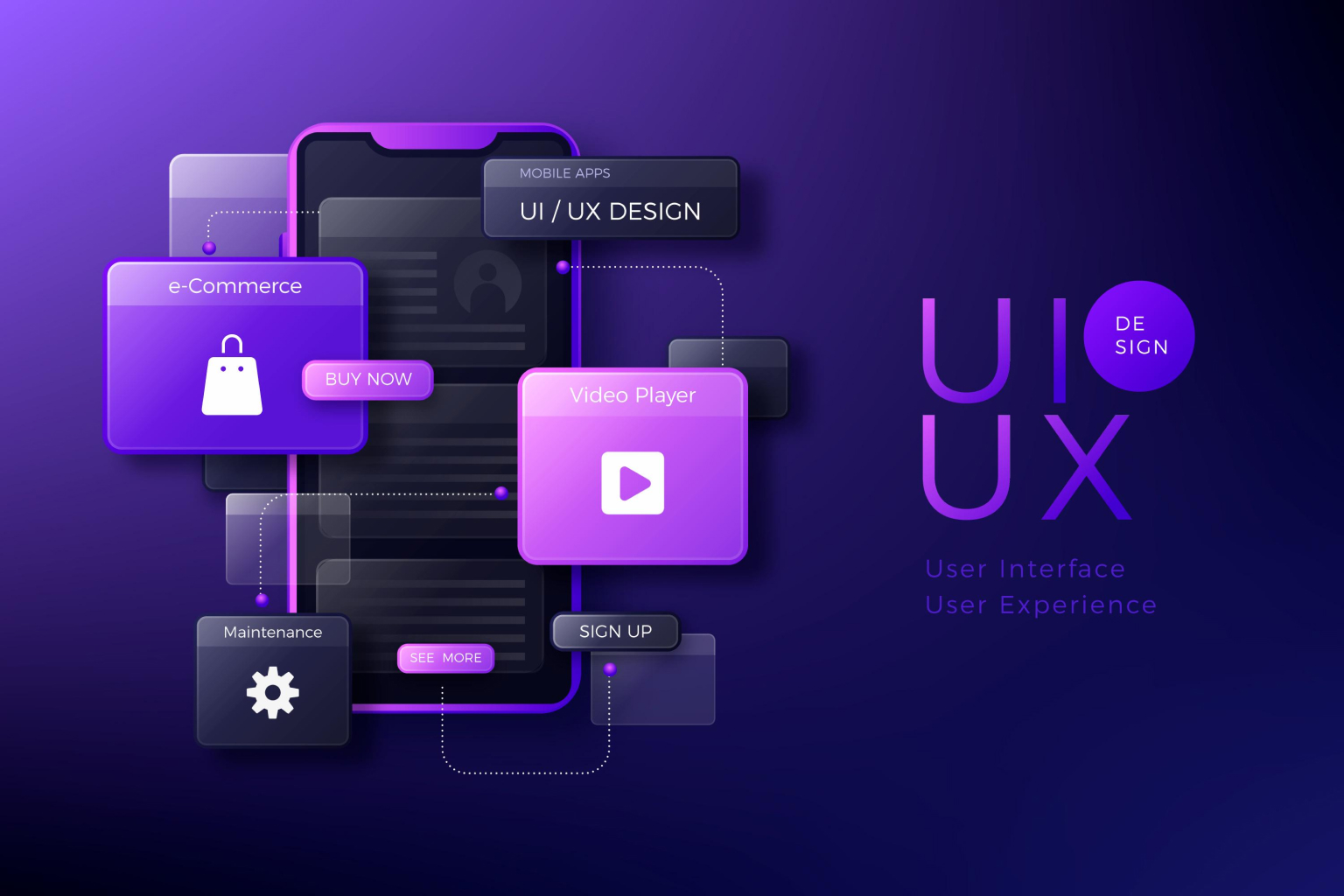
AI can also enable chatbots, which can communicate with users in a more human-like manner. This has the potential to alter the way customer assistance works in mobile apps, giving a more altered, on-demand, and engaging experience.
Real-Time Analytics and Decision-Making
AI can provide real-time analytics and decision-making in mobile applications. This could entail evaluating live data and providing consumers with real-time updates, insights, and personalized suggestions. In the business realm, this skill could enable organizations to make faster and more informed decisions.
Privacy and Security
AI integration uses intelligent algorithms to detect deceptive activity, foresee security problems, and respond quickly to mitigate hazards. Furthermore, AI can enable enhanced authentication techniques such as biometric or facial recognition, making it a more secure and convenient alternative to traditional passwords.
What is the Solution to Common Challenges in AI Technology?
Artificial intelligence is a godsend for every business that seeks to improve productivity, create money, and increase customer loyalty. Artificial intelligence is becoming a competitive edge for both small and large businesses, and having skilled remote AI developers on your team can be a game changer. However, keep in mind that AI is still in its early stages of development. As a result, it is changing at a rapid speed and may provide significant issues.
Data Acquisition and Storage
One of the most typical issues encountered when integrating AI into mobile app development is data collecting and storage. Artificial intelligence systems rely on data provided by users or received from sensors such as mobile cameras. A vast amount of data is gathered for examination. Storing such large amounts of data can dramatically increase the cost. In this case, the cloud computing environment provides a viable solution to meet these needs for computation.
AI is an Emerging Technology
AI is still a developing technology. To make the most of it, businesses want professional mobile app AI developers to build and manage AI solutions on a large scale. Alphaklick, a professional mobile app development firm in USA with AI developers, will employ the appropriate tools, processes, and management methods to ensure the success of your mobile app. Using the most recent AI trends, they can scale solutions to meet the requirements and within the time frame specified.
Having the Right Resources
Though corporations may be an exception, most small and medium-sized businesses struggle to establish the necessary infrastructure, resources, or ecosystem to utilize AI potential. To address these difficulties, small and medium-sized firms might seek the assistance of skilled ML and AI developers who are well-equipped with all necessary resources.
Price Factor
Because AI implementation necessitates a significant amount of resources and expert advice, it becomes quite complicated and costly. However, it pays financially in the long run by increasing user satisfaction and client retention. Knowing when and how to implement AI into your mobile application, as well as collaborating with experienced mobile app developers and AI experts, will help organizations overcome the preceding issues. A reputable mobile app development company may assist organizations in reducing time to market, increasing productivity, lowering mobile app development expenses, and improving client interactions.
Some Successful Mobile Apps Leveraging Emerging Technologies
1. Duolingo
Duolingo is a famous language-learning program that uses artificial intelligence to adjust lessons to different learning styles, resulting in a more personalized and effective learning experience. Duolingo’s success stems from AI-driven personalization, which ensures that users receive courses depending on their competence level, thereby optimizing the learning experience.
2. Uber
Uber is a prominent ride-sharing app that has revolutionized the transportation business by linking users and drivers. The mobile app uses IoT technology to track drivers and riders in real-time, allowing for more efficient and exact pickups. Uber’s success stems from its integration of IoT technology, which provides riders with a dependable, efficient, and convenient transportation alternative.
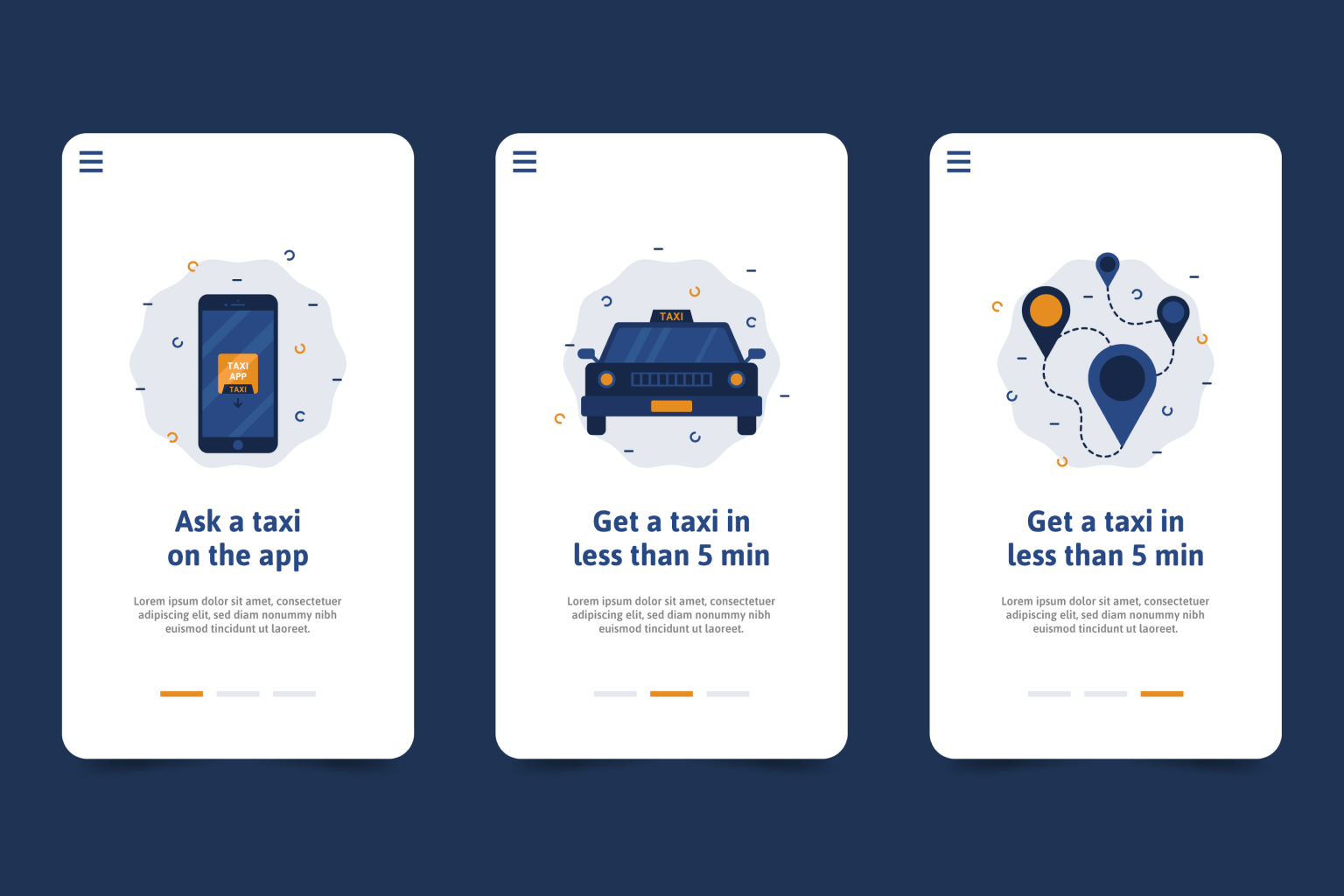
3. Google Maps
Google Maps is another prominent software that uses AI technology to enhance the user experience by giving real-time traffic information, alternate routes, and tailored recommendations. It may also forecast a user’s destination using calendar events and previous location data.
Conclusion: Embracing the AI-Forward Future
AI will undoubtedly play a significant part in the future of mobile app development. It will give developers various ways for how AI innovation shapes the future of the mobile app market to make countless advancements. However, only time will tell what advances lie ahead along this path. One thing is certain: the role of AI in mobile applications will quickly become the foundation for mobile application development.
The rapid advancement of emerging technologies in application development has not only transformed the digital landscape but has also created a new universe of opportunities for organizations and developers to create rich and engaging mobile experiences. As mobile application development evolves, it becomes vital for developers and companies to stay updated with the latest technology trends and adopt them in order to drive innovation and digital transformation.
Indeed, the difficulties connected with AI integration cannot be disregarded; nevertheless, with the correct tools and experience, these obstacles can be overcome. As we progress through this exciting technological era, integrating AI will be critical to unlocking supreme innovation in mobile app development. The future of mobile app development depends on fully leveraging AI’s capabilities. So join Alphaklick today to embrace this AI-forward future. As we are top web development and mobile app development company in USA. Let us design mobile apps that are not only technologically innovative, but also intuitively intelligent, secure, and user-centered. Your future-ready mobile app is simply a phone call away! Contact us right now!

